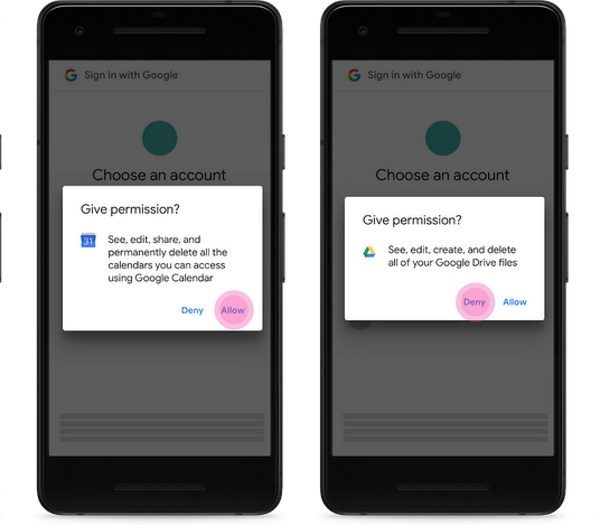Google is making a lot of big changes where security is concerned, and we have to say, it’s going to break a lot of hearts in the coming 10 months. It should be interesting to see how folks respond as time moves forward. Here’s the thing, earlier this year, Google kicked off what it calls Project Strobe. It’s all about reviewing developer access to the Google account and Android device data. With this project, Google took a serious look at its privacy controls, and the findings are bound to shake things up.
Google Plus will shut down after data breach compromised 500K accounts.
Shutting down Google Plus for consumers

The search giant did the right thing by closely reviewing all the API’s associated with Google+. Their finding coincides with what many of us have known for quite some time, and that’s the fact that Google+ isn’t a success where consumers are concerned.
Usage is low across the board, and to make matters worse, developers have not been flocking to the platform. Additionally, there are several bugs associated with the platform that is not good for consumers, and some of them are as follows, according to Google:
- Users can grant access to their Profile data, and the public Profile information of their friends, to Google+ apps, via the API.
- The bug meant that apps also had access to Profile fields that were shared with the user, but not marked as public.
- This data is limited to static, optional Google+ Profile fields including name, email address, occupation, gender, and age. (See the full list on our developer site.) It does not include any other data you may have posted or connected to Google+ or any other service, like Google+ posts, messages, Google account data, phone numbers or G Suite content.
As it stands then, the company is moving to shut down Google+ for consumers within a 10 months period, which should end in August 2019.
Google wants to give users more control over their data
When you’re using Google apps via an Android smartphone or wherever else, your data is shared with Google and the apps. What the search giant is essentially doing here, is giving allowing users to control what they share more easily with dialog boxes.
It means if you’re not interested in sharing one particular thing, just tap on Deny and then move on. Yes, it’s going to be that easy, and that can only mean good things.
Additionally, Microsoft is limiting the ability for apps to collect SMS or call data. We’re not sure how much this will help, but time should tell.
Leave a Reply